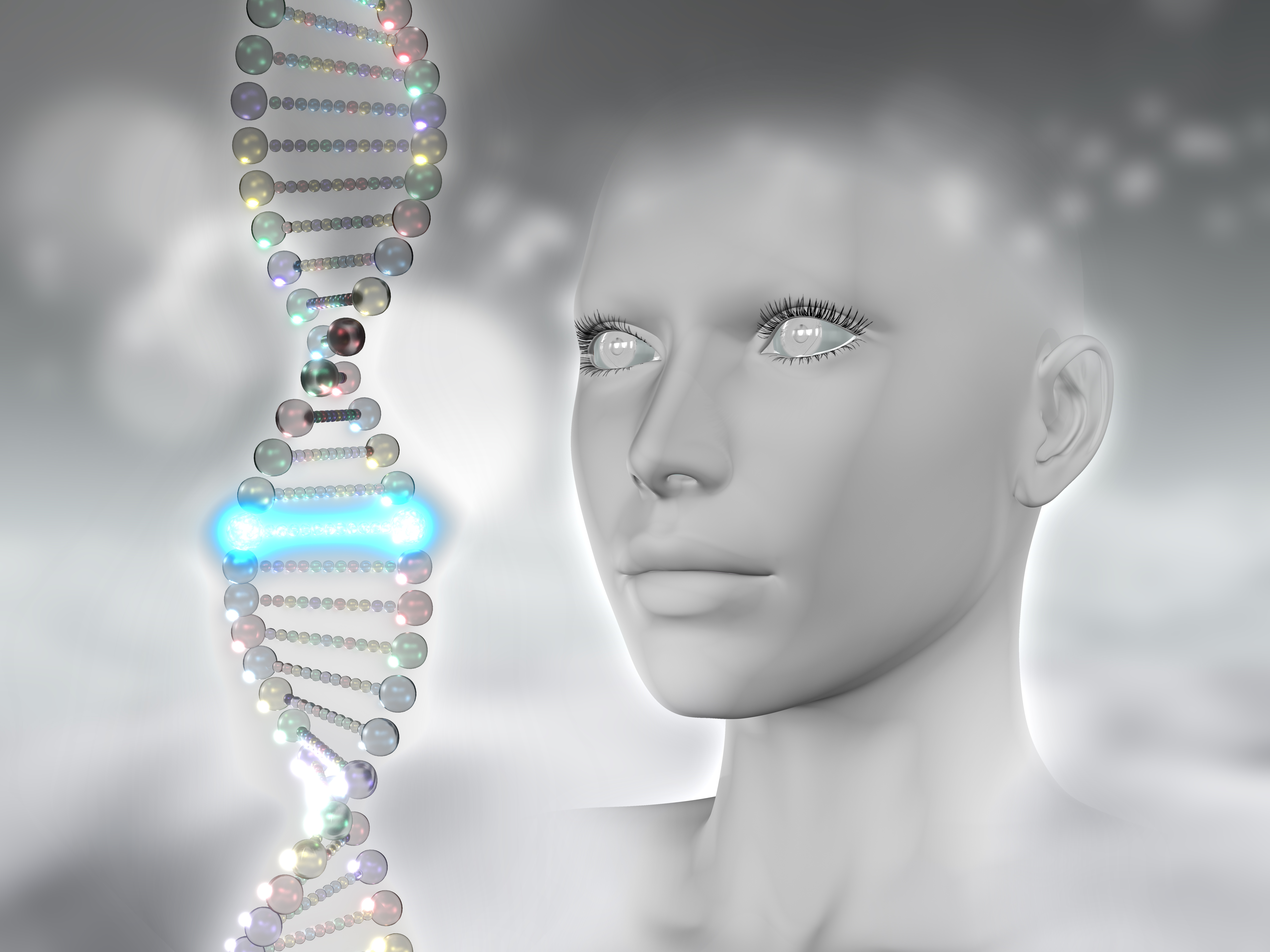Cancer And Genetic

Cancer And Genetic
Very few cancers are hereditary, but all cancers have genetic basis in their formation mechanism.
The genetic sequence in living beings does not always remain in the same place, because while the living organism continues its life, the genetic sequence needs to be opened and closed again after protein synthesis is performed. During this time, it is possible for errors in the genetic sequence such as mutations, changes, shifts, inversions, and translocations to occur. While some of these errors can be repaired, some cannot. And from then on, from these unrepairable areas, incorrect protein synthesis and the tendency towards proliferation in the cell may change and increase.
In addition, some genetic losses, especially in tumor suppressor genes, may push the cell to proliferate and multiply uncontrollably. And it may pave the way for a higher rate of cancer development.